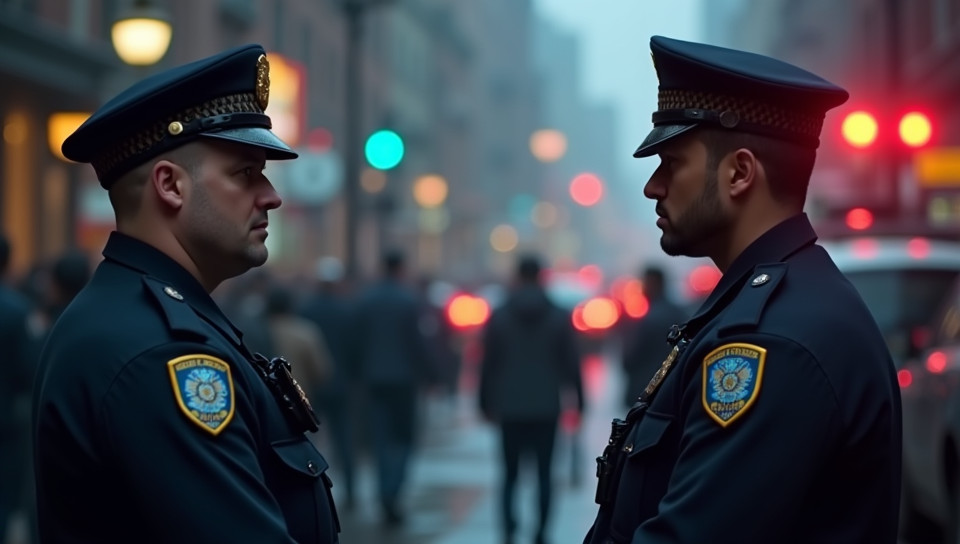Implicit bias affects judgment in high-stress policing situations 95%

The Hidden Threat to Fair Policing: Implicit Bias
High-stress policing situations can be unpredictable and intense, requiring split-second decisions that often determine the outcome of a situation. However, research suggests that implicit bias can significantly affect the judgment of law enforcement officers in these high-pressure environments.
What is Implicit Bias?
Implicit bias refers to the unconscious attitudes or stereotypes that individuals hold towards certain groups of people. These biases are not necessarily reflected in conscious thoughts but can influence our perceptions and decision-making processes. In policing, implicit bias can manifest as racial profiling, unequal treatment of suspects based on their appearance, or other forms of discriminatory behavior.
The Impact of Implicit Bias on Policing
Implicit bias affects the judgment of law enforcement officers in several ways:
- Racial disparities in arrest rates
- Unequal treatment of suspects during interrogations and searches
- Different responses to threatening situations involving people of different racial backgrounds
- Biased witness descriptions of crime perpetrators
- Disproportionate use of force against certain groups
Understanding the Sources of Implicit Bias
Implicit bias is often shaped by a combination of factors, including:
- Socialization: We learn biases from our family, friends, and community.
- Media representation: The way we see people represented in media can reinforce stereotypes.
- Personal experiences: Traumatic events or encounters with individuals who embody certain biases can shape our attitudes.
- Systemic inequality: Structural barriers and policies can perpetuate unequal treatment of certain groups.
Addressing Implicit Bias in Policing
To mitigate the effects of implicit bias on policing, law enforcement agencies should:
- Implement regular training programs that address implicit bias and its impact
- Use data-driven approaches to identify and address disparities in policing practices
- Foster a culture of transparency and accountability within police departments
- Encourage community engagement and partnerships to build trust and understanding
Conclusion
Implicit bias is a hidden threat to fair policing, affecting the judgment of law enforcement officers in high-stress situations. By acknowledging the existence and sources of implicit bias, we can take steps to mitigate its impact and promote more equitable and effective policing practices.
- Created by: Mikołaj Krawczyk
- Created at: Sept. 11, 2024, 9:52 p.m.
- ID: 9194







